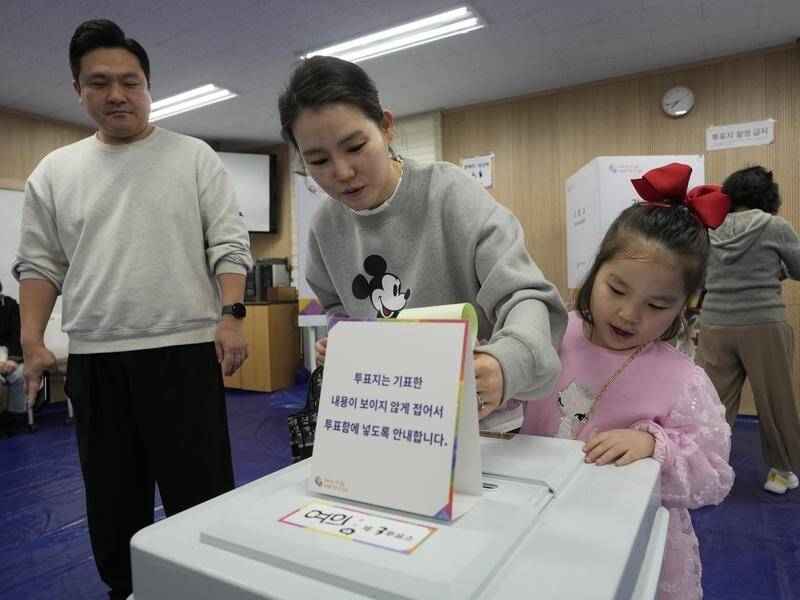South Koreans Head to Polls for Midterm Assessment of President Yoon Suk Yeol’s Administration
As South Korea votes for a new parliament, the election is perceived as a crucial midpoint evaluation of President Yoon Suk Yeol’s tenure. Despite having three years remaining in office, Yoon’s People Power Party (PPP) faces challenges pushing through its agenda in a legislature dominated by the opposition Democratic Party (DPK).
With both major parties lacking a clear advantage in the campaigning season, Yoon grapples with mounting pressures, from tackling food price hikes to addressing demographic shifts and ongoing medical strikes.
While praised for diplomatic achievements like bolstering ties with Japan and the US, Yoon’s administration struggles to resonate with voters, particularly amid rising discontent over living costs.
Recent controversies, including Yoon’s remarks seemingly disconnected from inflation woes and allegations against his wife and party members, have further eroded public confidence.
The opposition, too, contends with its own scandals, leaving room for smaller parties to emerge amid widespread voter disillusionment.
As voters prioritize economic concerns at the ballot box, the election underscores the urgent need for substantive policy responses to the cost-of-living crisis.
While the turnout remains high and early voting indicates significant participation, concerns over affordability and political divisiveness weigh heavily on the electorate.
Ultimately, the election serves as a litmus test for Yoon’s administration and may shape the trajectory of South Korean politics, potentially paving the way for a more diverse and responsive legislative landscape.

